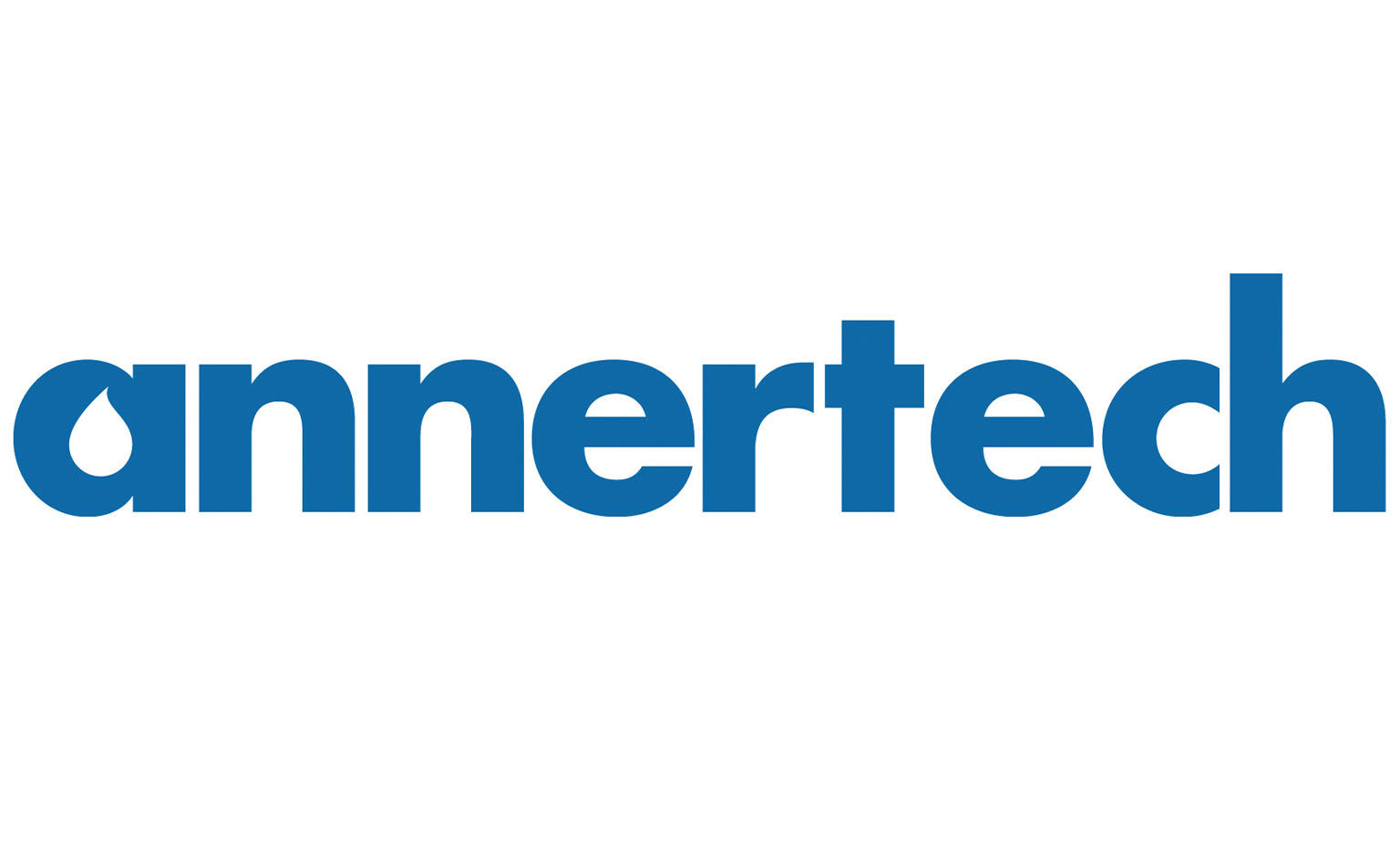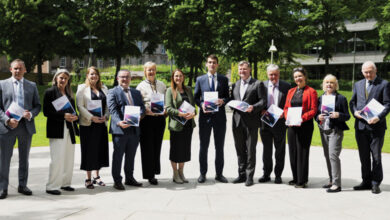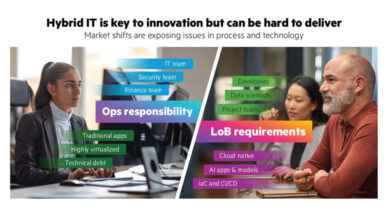How LocalGov Drupal helps councils ensure their websites are as accessible as possible

Accessibility is a ‘must have’ for public sector websites, as essential services should be available to all who need them. But how accessible are these websites really? And how can councils tackle this successfully? Stella Power, Managing Director, Annertech, writes.
There are legal requirements for websites to be accessible, especially those operating in the public sector. These include the EU Web Accessibility Directive and the new European Accessibility Act, which came into effect on 28 June 2025.
An accessible website helps demonstrate compliance with these legal requirements, but it also reflects a commitment to making the web a more inclusive space for everyone, regardless of their abilities.
Consistent monitoring is important for maintaining high standards – and the National Disability Authority’s (NDA) Summary of Ireland’s Monitoring 2022-2024 report shows some improvement in the accessibility rating of council websites. A similar exercise by the UK’s Government Digital Service (GDS) showed similar results, with the GDS commenting in its latest report: “Monitoring gets the public sector to fix their accessibility challenges.”
Common challenges
The main challenges identified by both the NDA and GDS on public sector websites in Ireland and the UK are:
- Colour contrast: These include not enough colour contrast between text and background, which makes it harder for people with visual impairments to read.
- Visible focus: A lack of visible focus affects the users of keyboards and screen readers, which can help people with visual impairments, cognitive, hearing, and motor disabilities.
- Keyboard navigation: Another involves problems in using a website or app with a keyboard, which affects users who have trouble operating a pointing device such as a mouse, and screen reader users.
- PDFs: Inaccessible PDFs were the most common issue for the highest number of websites reviewed by the NDA in 2023 and 2024. Some of the challenges mentioned were low awareness of the errors among staff and low capacity among design agencies on creating accessible PDFs.
- Name, role, value: This refers to the information that assistive technologies (like screen readers) use to understand and interact with user interface components, ensuring accessibility for users with disabilities.
These are challenges that would affect the majority of people who are impaired in some way, so they are important to get right.
When we conduct accessibility audits, we will often find that there is one issue, for example colour contrast, that is repeated across the website. Fixing that single issue can dramatically reduce the number of problems across all pages.
Although it is possible to fix challenges as they are identified in audits, it is easier to solve accessibility challenges right in the beginning, when a website is first being developed, throughout the delivery and beyond launch to avoid new challenges being introduced.
Making council websites accessible
This is where LocalGov Drupal – a CMS built by councils for councils – excels. At its foundation is the powerful Drupal CMS, whose powerful features are harnessed to create fast, efficient websites that deliver results for their users. And it is proudly accessible out-of-the-box.

Annertech has been involved in the LocalGov Drupal project for many years now, and we have helped move many Irish councils on to the platform, including Carlow County Council, Tipperary County Council, Galway City Council and Laois County Council.
Some of the ways in which LocalGov Drupal helps councils create accessible websites:
- it aims to build accessibility into websites from the beginning, and the team champions and supports an accessibility-first approach to feature development;
- all components are tested for accessibility compliance before inclusion in the distribution;
- the codebase prioritises proper heading hierarchy and semantic HTML elements;
- all interactive elements work properly with keyboard-only navigation;
- content is structured to work well with assistive technologies;
- websites adapt seamlessly to different devices and screen sizes;
- default themes meet WCAG colour contrast requirements; and
- forms include proper labels, error messages, and focus indicators.
It has appointed a LocalGov Drupal Accessibility Governance Group, of which Annertech has a member. The group maintains accessibility quality standards and communicates important accessibility updates to the community.
As part of our work with the accessibility governance group, we have been involved with an extensive accessibility audit of the core services. One of our priorities is to record the challenges with recommendations and next steps so they can be addressed with the community.
Our goal – both at Annertech and at LocalGov Drupal – is to ensure that everyone who visits a website that we have developed or currently maintain gets a great experience, no matter the challenges they face in real life.
Building accessibility into websites from the beginning is the best way to ensure that that happens. If we can achieve that then we will not only be supporting clients in meeting legislative standards, but actively ensuring frictionless experiences for all.
| About Annertech
Annertech is Ireland’s leading open-source digital agency and is the ‘go to’ expert for Drupal and LocalGov Drupal. Founded in Dublin in 2008, Annertech works with many clients in both the private and public sectors. In 2021 Annertech UK opened to service a growing number of clients and staff members in the UK. Team Annertech has won some of Ireland’s most prestigious digital awards, including multiple Spider Awards (including the coveted Grand Prix award), National Digital Awards, Digital Media Awards, and Ireland eGovernment Awards. |
T: 01 524 0312
E: hello@annertech.com
W: www.annertech.com/localgov-drupal






